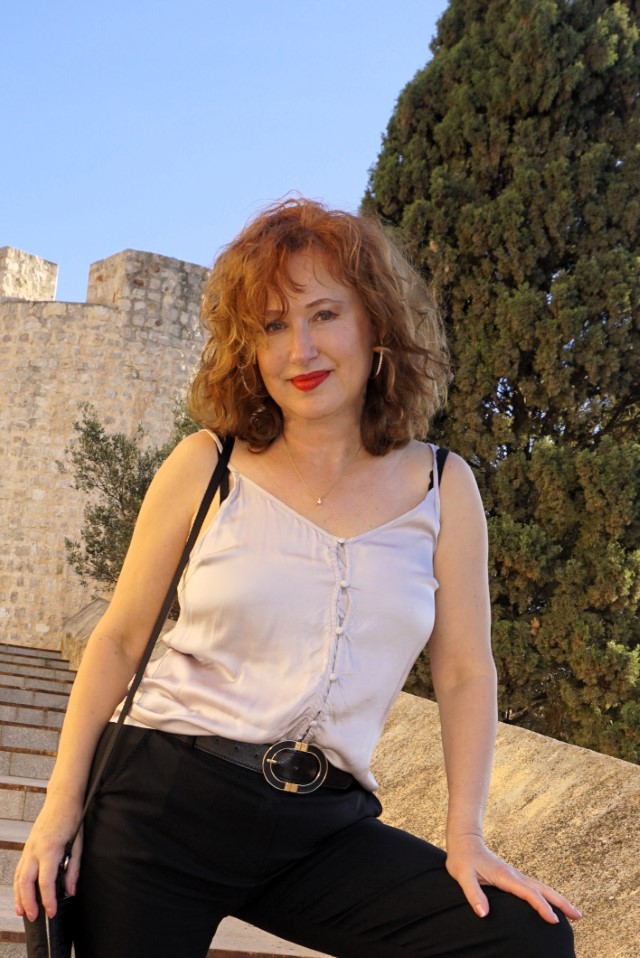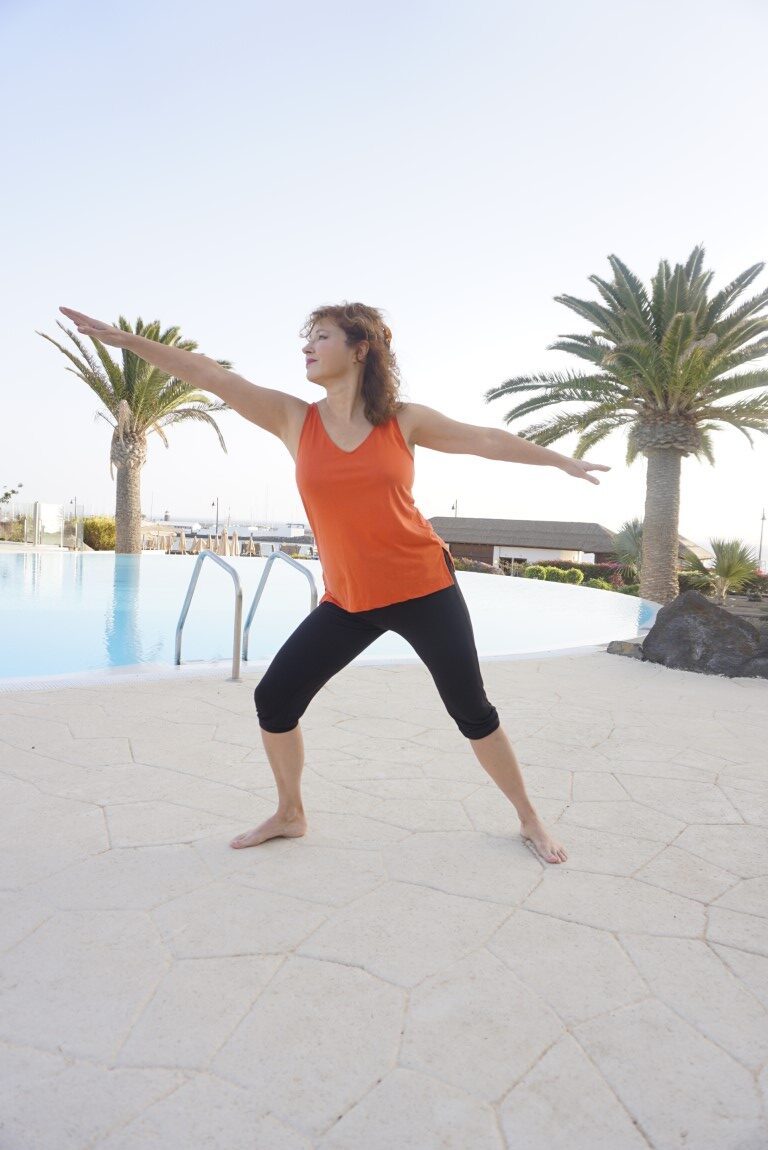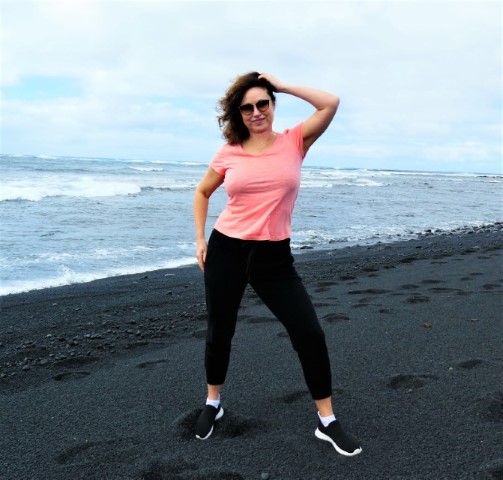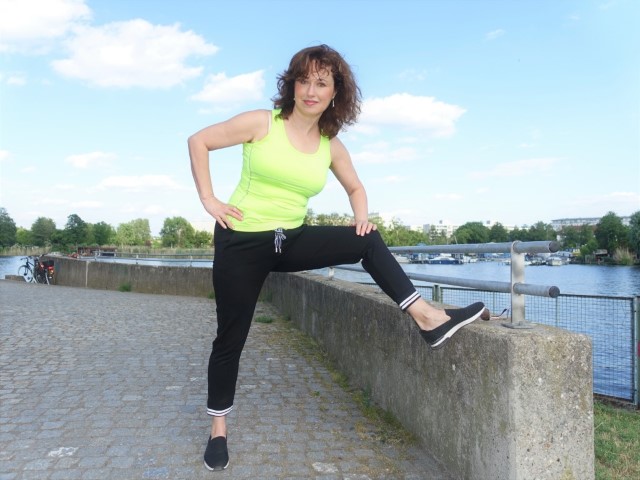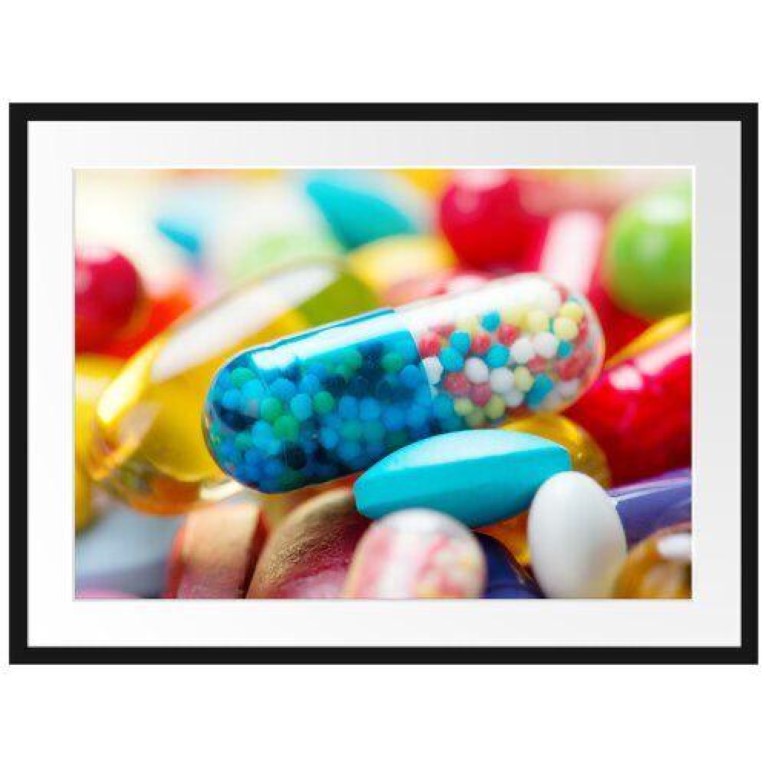We are full of energy, our mood is great, we are well rested, balanced and can cope with our everyday lives effortlessly.
A fantastic scenario that we wish for the rest of our lives. The score for this is based on good physical condition.
Our hormones play the music: Adrenaline, Cortisol, Serotonin, Dopamine, Endorphins and numerous other great substances.
Not to forget the powerful sex hormone trio of Estrogen, Progesterone and Testosterone. The source of hormones bubbles up at a young age. However, as we get older it starts to fade.
Can we do something about it to keep it bubbling forever?
Lifestyle definitely plays a big role here. Anyone who does sports, about 2.5 hours a week with endurance and strength training, ensures a regular endorphin shot.
The king of excitement and adventure is adrenaline. Small challenges every now and then play in his cards.
Cortisol is an unpopular hormone because it is mainly involved in stress. However, in small doses it is useful because it curbs an overly aggressive immune system.
Dopamine is a relationship hormone. Every compliment we can receive ensures its output.
A true solar hormone is serotonin. It ensures a good mood and a bright mind. We get it when we experience a sunrise, are outside a lot and look at the sun. In the evening, melatonin is formed from serotonin. It allows us to fall asleep and stay asleep easily.
What about the important sex hormones – the most sensitive divas of the hormone landscape: Estrogen, Progesteron, Testoseron?
Here nature is not squeamish and simply wants to take it away from us when time seems to have run out. This hits women particularly hard.
First, the corpus luteum hormone progesterone withdraws when the eggs run out. After that, estrogen becomes rare. At some point, testosterone levels out at a low level in both cases women and men.
Many women then experience unpleasant side effects of deficiency, even though they are in the prime of their life. Some more, others less. This is very unfortunate because women’s ability to have sexual experiences remains unchanged throughout their lives. Live out your sexuality
This is where human intelligence comes into play!
What research and pharmaceutical production has achieved here in the last few decades is phenomenal, with the aim of helping women in their time of need. Like the extraction of hormones from the urine of pregnant mares, which after 50 years is now fortunately a thing of the past.
The modern substances are now produced from plants. They are rich in phytoestrogens and closely replicate human estrogen and progesterone. They are therefore referred to as bioidentical and compensate for hormone deficits, meaning they have almost no side effects
Worth mentioning is the wonderful book “Woman on Fire” by the German-American gynecologist and scientist Dr. Sheila de Liz. She has shed light on this topic and taken away the fear of HRT for many women. http://Wikipedia, Dr. Sheila de Liz
A widespread hormonal plague is hypothyroidism due to a deficiency in the thyroid hormone thyroxine, which is responsible for metabolism. Women over 50 are most commonly affected. Here too, treatment consists of increasing the missing amount of hormones.
The trio of estrogen, progesterone and thyroxine ultimately makes the music that keeps the female body healthy and beautiful – well into old age.
Here are my tips for optimal hormone balance:
1. Exercise to have endorphins (and other hormones) on a regular basis.
2. Spend at least 1 hour outside every day to have enough serotonin during the day and melatonin in the evening
3. Maintain good friendships and relationships with family, which provide dopamine
4. Take on challenges to give yourself a shot of adrenaline
5. Check the levels of thyroxine and sex hormones in order to adjust them with appropriate preparations, if there are deficiencies.
Voilà!

